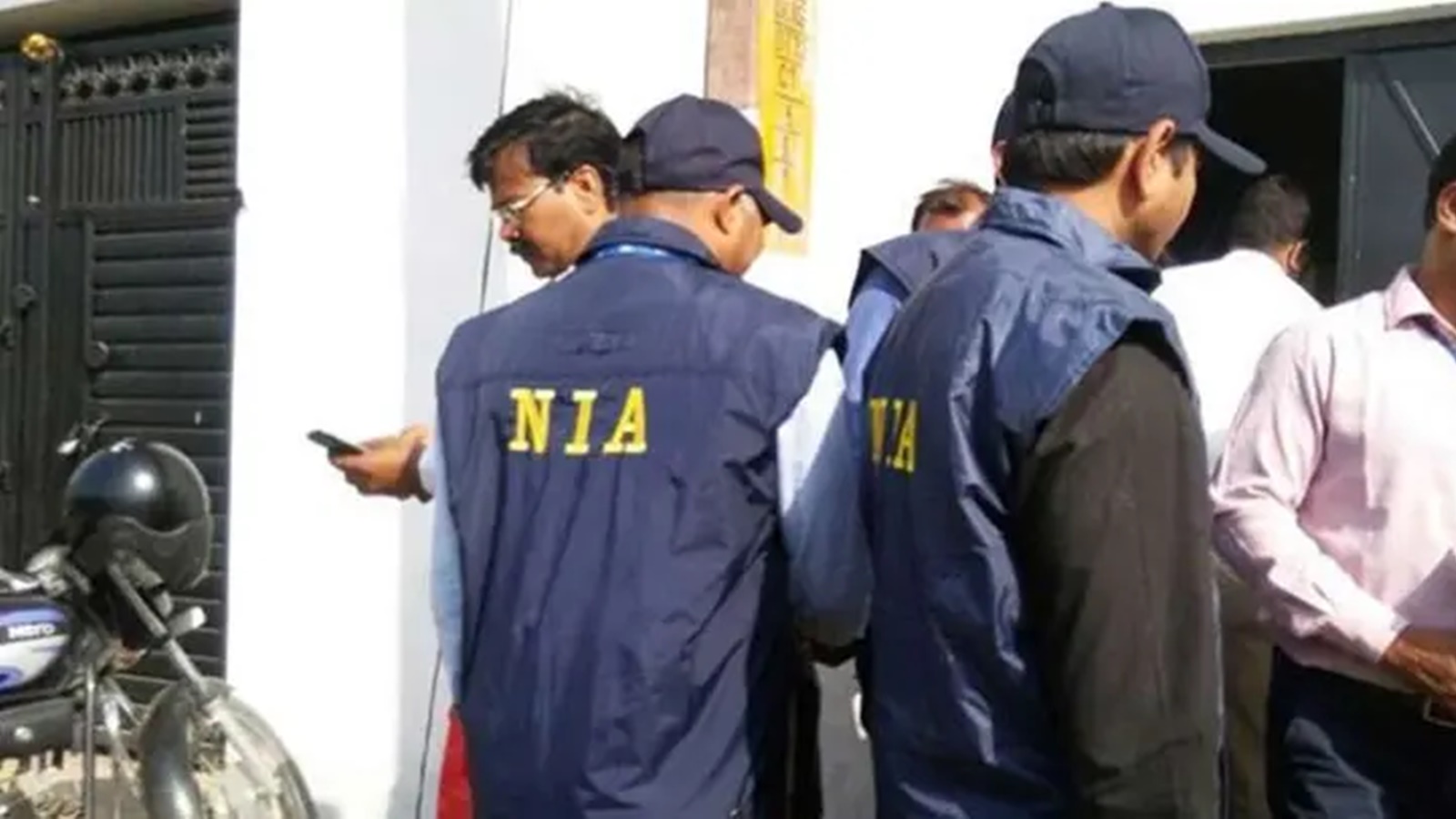 |
|
The National Investigation Agency (NIA) has launched a comprehensive investigation into three significant cases of violence that recently transpired in Manipur, a state grappling with ongoing strife. The decision to involve the NIA, a specialized agency focused on combating terrorism and serious crimes, underscores the gravity of the situation and the need for a thorough, impartial investigation. The agency's involvement signals the central government's determination to bring those responsible for these heinous acts to justice and to address the escalating unrest in the region.
The first case centers around a brutal attack on Borobekra, where multiple homes were burned, and two civilians lost their lives. The attackers, unidentified militants, also abducted and murdered six individuals, including three women and three children. The incident unfolded on November 11th, beginning with an attack on the Borobekra police station and nearby businesses, which were subsequently set ablaze. A subsequent exchange of fire between security forces and the militants ensued, resulting in the discovery of two bodies inside the burnt houses. The NIA has re-registered this case under various sections of the Bharatiya Nyaya Sanhita (BNS), 2023, and the Arms Act, 1959, indicating a commitment to prosecuting the perpetrators under the full weight of the law.
The second case involves an attack on a Central Reserve Police Force (CRPF) post and the Borobekra police station in Jiribam, also on November 11th. Armed militants targeted these security locations, resulting in injuries to a CRPF constable who was subsequently evacuated for medical treatment. Following the attack, security forces discovered the bodies of unidentified militants in the vicinity, along with weapons and ammunition. This case, too, has been re-registered by the NIA under relevant sections of the BNS, 2023, and the Arms Act, 1959. The meticulous investigation will likely focus on identifying the perpetrators, tracing their connections, and determining the extent of their planning and resources.
The third and perhaps most disturbing case revolves around the brutal murder of a 31-year-old woman, Zosangkim, in Jiribam on November 7th. The woman, a mother of three, was reportedly raped and burned alive in her home by fully armed militants. The original police report was filed on November 8th, but the gravity of the crime and its implications for the ongoing conflict prompted the MHA to transfer the investigation to the NIA. This case has been re-registered under relevant sections of the BNS, 2023, the Arms Act, 1959, and the Unlawful Activities (Prevention) Act, signaling the potential for charges related to terrorism and organized crime. The meticulous documentation and collection of evidence will be crucial for successful prosecution.
The NIA's involvement marks a significant escalation in the response to the violence plaguing Manipur. The agency's reputation for conducting thorough and impartial investigations, coupled with its expertise in handling complex cases involving terrorism and organized crime, offers hope for bringing the perpetrators of these heinous acts to justice. The three cases highlight the multifaceted nature of the ongoing conflict, encompassing targeted attacks on civilians, security forces, and acts of extreme brutality. The investigation will undoubtedly shed light on the underlying causes of the violence and potentially uncover larger conspiracies driving the unrest.
The rapid response by the NIA, following directives from the Union Ministry of Home Affairs (MHA), indicates the urgency with which the central government views the situation. The transfer of cases from Manipur police to the NIA suggests a recognition that the state's resources may be insufficient to fully investigate such complex and high-profile incidents. The involvement of the NIA also carries the implicit message that the central government will not tolerate violence and lawlessness in any part of the country. The outcome of the investigations will be closely followed by both national and international observers, as the situation in Manipur continues to be a sensitive and volatile issue. The thoroughness of the NIA's probes will be pivotal in achieving justice for the victims and in fostering a path toward lasting peace and stability in the region.
The investigation will likely involve a detailed analysis of witness testimonies, forensic evidence collected from the crime scenes, intelligence gathering regarding the perpetrators and their affiliations, and a review of any existing intelligence regarding similar incidents. The NIA will likely collaborate with other law enforcement agencies, both state and federal, to build a comprehensive case against those responsible. Success in these investigations hinges on not only identifying and prosecuting the immediate perpetrators but also dismantling the networks and structures that enabled such brutal acts to occur. This will likely require a long-term strategy that includes addressing the root causes of the conflict, promoting reconciliation, and strengthening the rule of law in Manipur.
Source: NIA launches probe into 3 recent cases of violence in strife-torn Manipur
